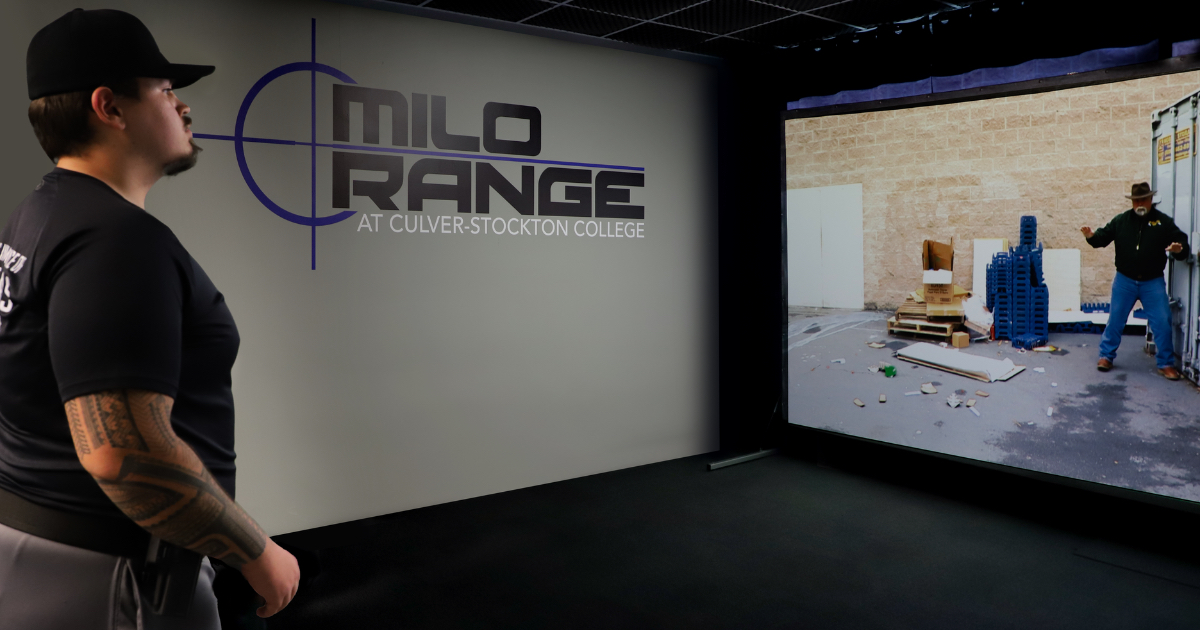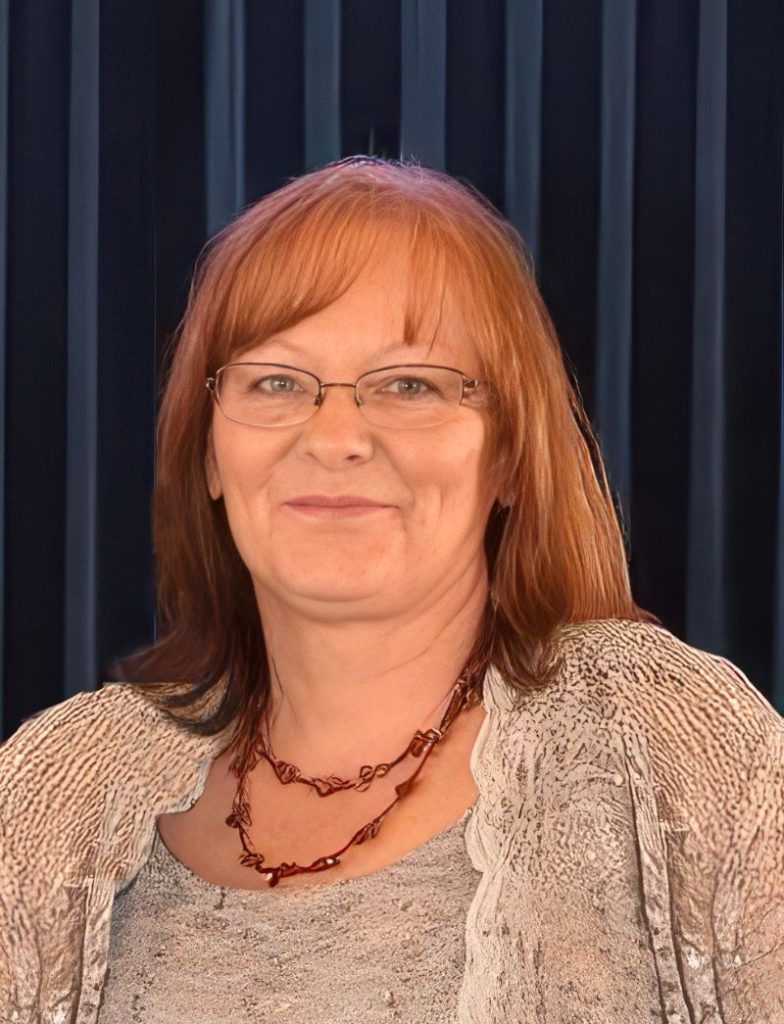Dedication ceremony for simulation training center at Culver-Stockton set for Thursday

CANTON, Mo. — Culver-Stockton College recently added a simulation training center on campus that focuses on de-escalation and conflict resolution techniques that better prepare people in critical situations. A dedication for the Kelsay Criminal Justice Lab is set for 6 p.m. Thursday, Oct. 26.
C-SC’s Critical Response Simulation Lab is a live, virtual and responsive simulation using advanced technology such as artificial intelligence and machine learning to train in scenarios tailored to diverse needs.
Seth McBride, chair of the Criminal Justice Department, is a former corporate investigator with Boeing, Co., and former detective with the Hannibal Police Department. He said the simulation lab is used to train students, law enforcement, public servants, church workers, business professionals and community leaders. He noted the software is customizable for each group of trainees.
The simulator embedded in the Critical Response Simulation Lab is called MILO (Multiple Interactive Learning Objectives). The software uses more than 950 different scenarios in the areas of de-escalation, conflict resolution and use of force decision-making.
“MILO is used by police agencies across the country for continuous training in these same areas,” McBride said in a press release. “I am proud that Culver-Stockton College is one of few private liberal arts colleges to have a simulator lab with this technology in the United States.”
The lab, where training is facilitated by McBride and Sgt. Devon Willis of the Lewis County Sheriff’s Office, is in the lower level of the Johann Library on the campus. It was made possible by a donation from C-SC alumna and trustee emerita Leslie Kelsay, Class of 1973, along with other gifts from alumni and friends.
Speakers for Thursday’s event be McBride, Willis and Kelsay, as well as David Parrish, Lewis County sheriff; Lauren B. Schellenberger, C-SC president; and Tara Mackey, Class of 2021, an officer with the Hannibal Police Department.
Mackey, a graduate of C-SC’s criminal justice program, said the simulation lab is a valuable resource to all who experience the training.
“There are so many different aspects of policing that training on MILO can cover. Human interaction and communication are at the top of that list. The experiences I got from the simulation have been extremely helpful in my overall law enforcement training. The simulation provides the closest possible thing to real-world experiences,” she said.
“It is one thing to simply be exposed to these simulations, but I believe the true value of the MILO lab is the educational conversations and learning points that it creates for students and professors to explore.”
Miss Clipping Out Stories to Save for Later?
Click the Purchase Story button below to order a print of this story. We will print it for you on matte photo paper to keep forever.

